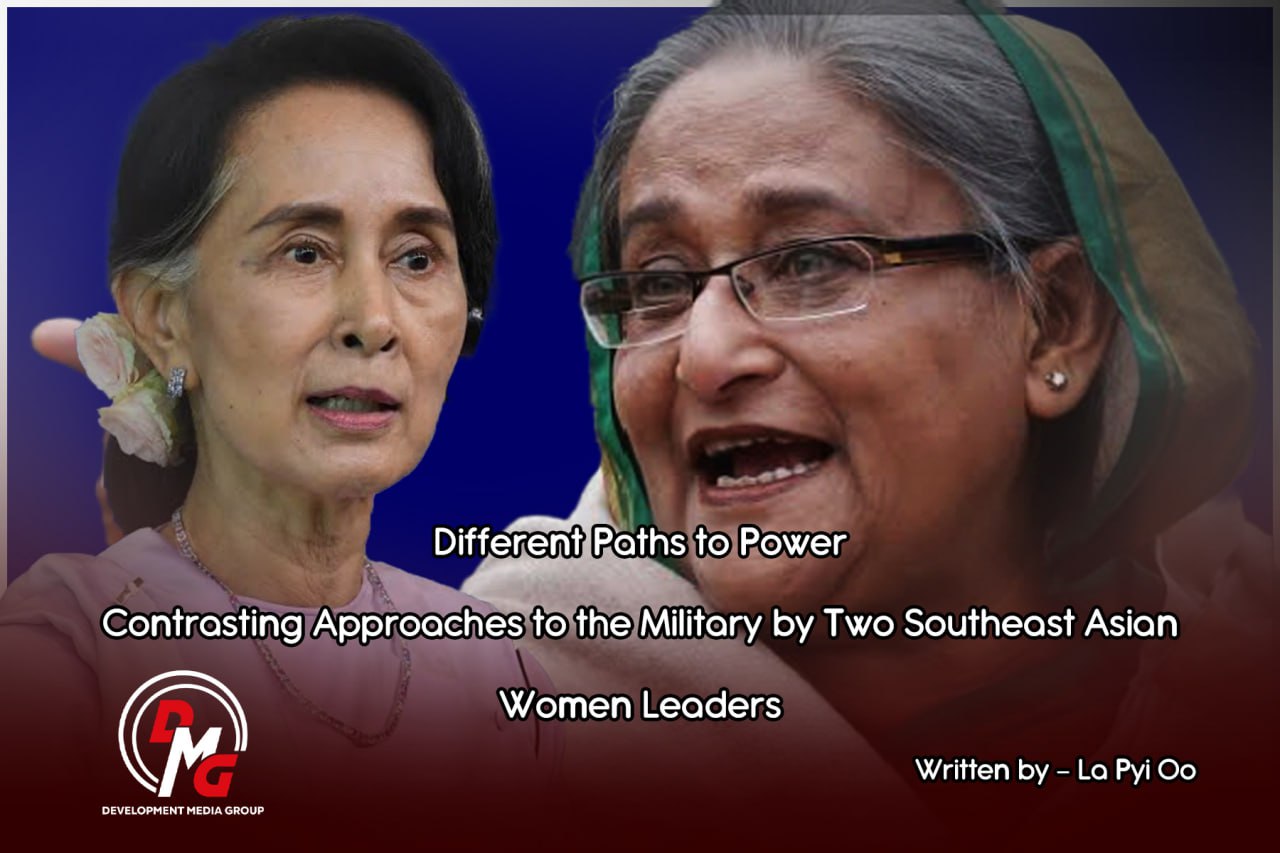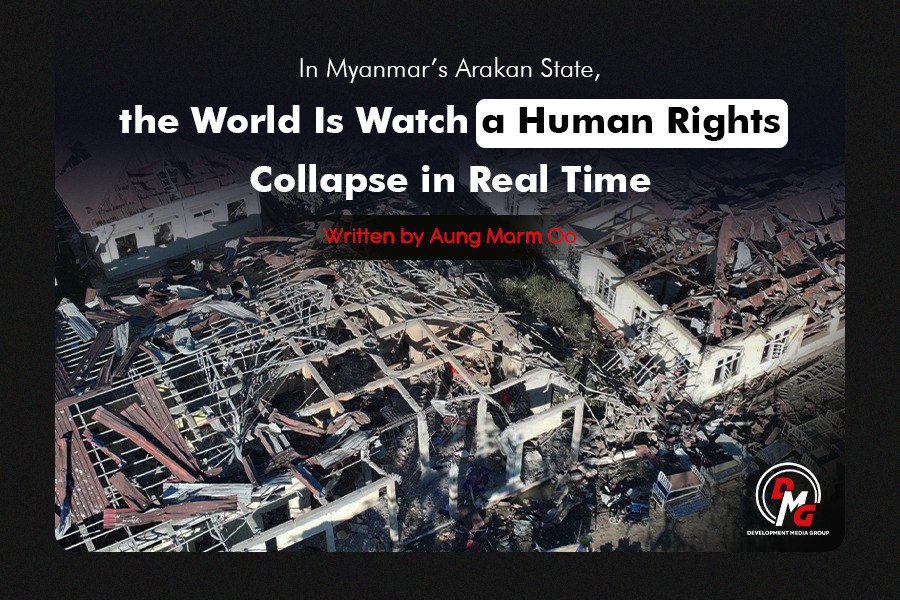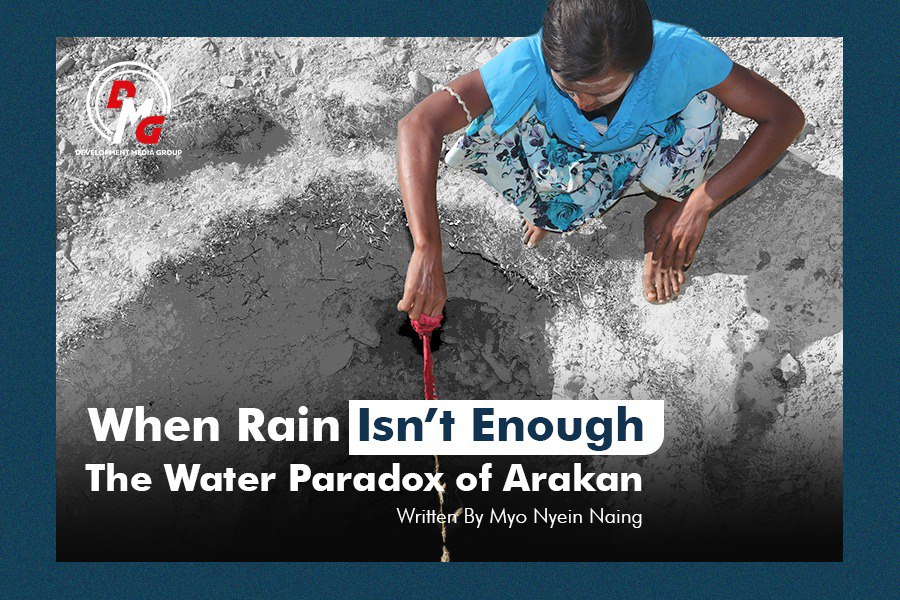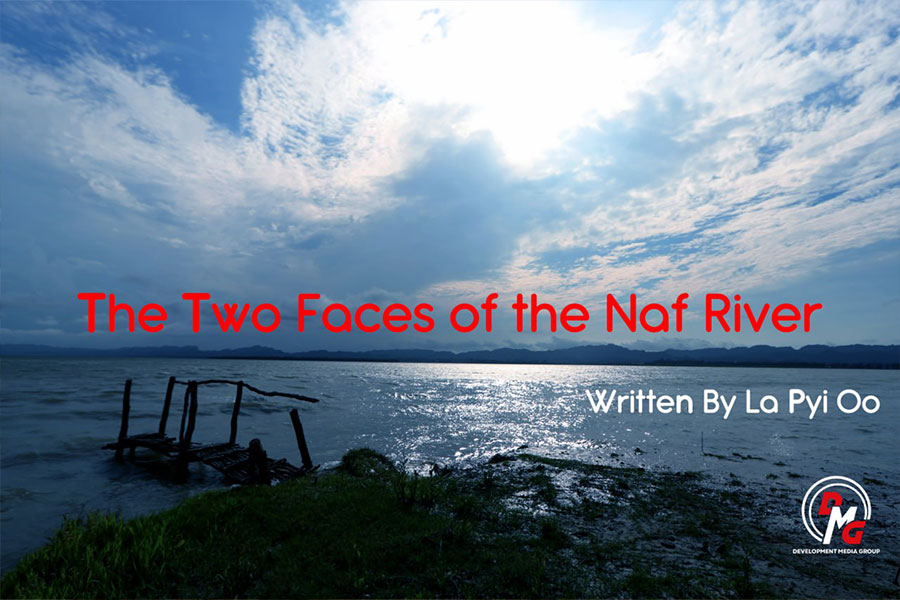- Junta unable to hold elections in dozens of wards and village-tracts in Sittwe, Kyaukphyu
- Fighting escalates between Myanmar military, Arakan Army in Ayeyarwady Region
- Regime steps up civilian arrests in Sittwe
- ULA safeguards Mrauk-U's ancient heritage
- Arakan on the Edge: What the DMG Landmine Impact Report Reveals About Myanmar's Deepening Humanitarian Crisis
A second war, an invisible enemy in Arakan State
Arakan State, where fierce clashes are ongoing between the Tatmadaw and the Arakan Army, has seen a gradual rise in its coronavirus case count, which now stands at 12 confirmed positives. Though that accounts for only 4% of the country’s 299 total patients, it is the second-highest number of cases after Yangon Region.
30 Jun 2020

Arakan State, where fierce clashes are ongoing between the Tatmadaw and the Arakan Army, has seen a gradual rise in its coronavirus case count, which now stands at 12 confirmed positives. Though that accounts for only 4% of the country’s 299 total patients, it is the second-highest number of cases after Yangon Region.
More than the current case count, it is a fear of what may be yet to come that has pushed conflict-wracked Arakan State into crisis mode. It can be said that the residents of Myanmar’s westernmost state are now the victims of two simultaneous wars: one involving guns and bombs, the other against a lethal but unseen enemy.
Of the 12 patients who have so far reported positive for COVID-19 in Arakan State, there has been one each in Sittwe, Taungup and Thandwe townships, seven in Maungdaw Township and two in Buthidaung Township. A majority of coronavirus patients entered Arakan State illegally from Bangladesh.
All of the unlawful returnees had fled to Bangladesh when the Tatmadaw conducted “clearance operations” against the Arakan Rohingya Salvation Army (ARSA) in northern Arakan State in 2016-17. These Muslims likely feel they were justified in returning to Arakan State illegally, given the higher risk of coronavirus infection in Bangladesh.
But no matter the reason, displaced Muslims should come back for the time being; territorial integrity and respect for border controls is a crucial aspect of the coronavirus pandemic’s containment and mitigation around the world. With this in mind, the relevant authorities need to expose and take action against human traffickers.
On the other hand, influential and prominent Muslim leaders must also urge their followers not to return to Arakan State during the pandemic. In order to contain the spread of coronavirus, current residents of Arakan State have a part to play too, by informing nearby Department of Public Health staff about any returnees immediately, so that local authorities can act swiftly to scrutinise and quarantine the concerned individuals as appropriate.
Though access to information is a crucial aspect of controlling COVID-19, the internet shutdown in seven Arakan State townships and Paletwa Township, Chin State, has lasted for more than one year. The affected townships host tens of thousands of internally displaced people (IDPs) and other residents who have been suffering the consequences of war. Many will tell you that they are more fearful of the Tatmadaw-AA conflict than they are of COVID-19. But the simple truth is that both can kill.
Part of the reason that there is, frankly, not enough trepidation over the coronavirus is that it is difficult for civil society organisations and local health departments to disseminate health knowledge in the internet-bereft townships. Under these circumstances, the residents have no easy access to accurate information such as coronavirus “dos and don’ts”.
Adding to concerns, the crowding that generally characterises displacement camps increases the likelihood of viral transmission, should an IDP become infected. It is therefore essential that movement in and out of IDP camps be strictly monitored, with minimal or ideally no one from outside the camps allowed to visit until the pandemic is brought under control.
The fighting taking place between the Tatmadaw and the Arakan Army (AA) is the first war to burden Arakan State’s civilian population. The coronavirus pandemic is the second. While there is a strong sense, rightly, that civilians are often robbed of their agency in conflict zones, the battles of this “second war” can be fought by individuals taking everyday public health measures, from washing one’s hands to wearing a face mask. The government also has its part to play, by strengthening border controls and restoring internet access throughout Arakan and Chin states.
The first confirmed case of COVID-19 in the Arakan State capital Sittwe was reported last week. Public concern about the implications of the virus making its way to western Myanmar’s largest city played out on social media in the hours and days after the infection was reported, but it was not long before a sense of normalcy returned. Soon the most heavily trafficked places in Sittwe, such as Strand Road and “Sittwe Point” beach, were as crowded as ever. Teashops and beer stations opened as usual. People wearing face masks were few and far between.
Normally, normalcy is desirable, but these are not normal times.
Now and for the foreseeable future, an “all hands on deck” approach is needed — and those hands had best be frequently, thoroughly washed — to curb the spread of coronavirus. From the halls of power in Nay Pyi Taw to the war-weary borderlands of western Myanmar, we are all in this together.




















